Kenya, Uganda unwittingly open a Pandora's box as they struggle to seal tax loopholes and clamp down on counterfeit goods[html]
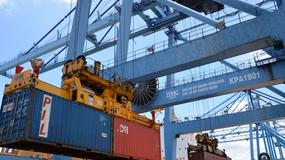
undefined
- In recent years, East Africa has become a hotbed of illicit trade, with the Uganda, Tanzania and Kenya governments estimated to lose about $1.4 billion, $1.5 billion and $350 million respectively.
- In the month of April, Uganda’s government decided enough was enough and summarily banned brokers, unlicensed clearing firms and unauthorised declarants in the consolidated cargo supply chain from the importation and clearance of consolidated goods.
- Kenya soon followed suit through the Kenya Revenue Authority and Kenya Bureau of Standards and began a countrywide crackdown on both tax evasion and counterfeit goods but boy did it opened a pandora's box.
After years of sitting back and watching crooked traders turn their ports into their playing fields, East African governments have had enough and are now fighting albeit a losing battle to seal tax loopholes and clamp down on counterfeit goods.
At the center of the mess is consolidated cargo, a term used to refer to small-scale traders who pool parcels to form one consignment which is often declared as belonging to one importer at the port of destination or de-consolidated into the original individual consignments for delivery to the respective owners.
In recent years, East Africa has become a hotbed of illicit trade, with the Uganda, Tanzania and Kenya governments estimated to lose about $1.4 billion, $1.5 billion and $350 million respectively.
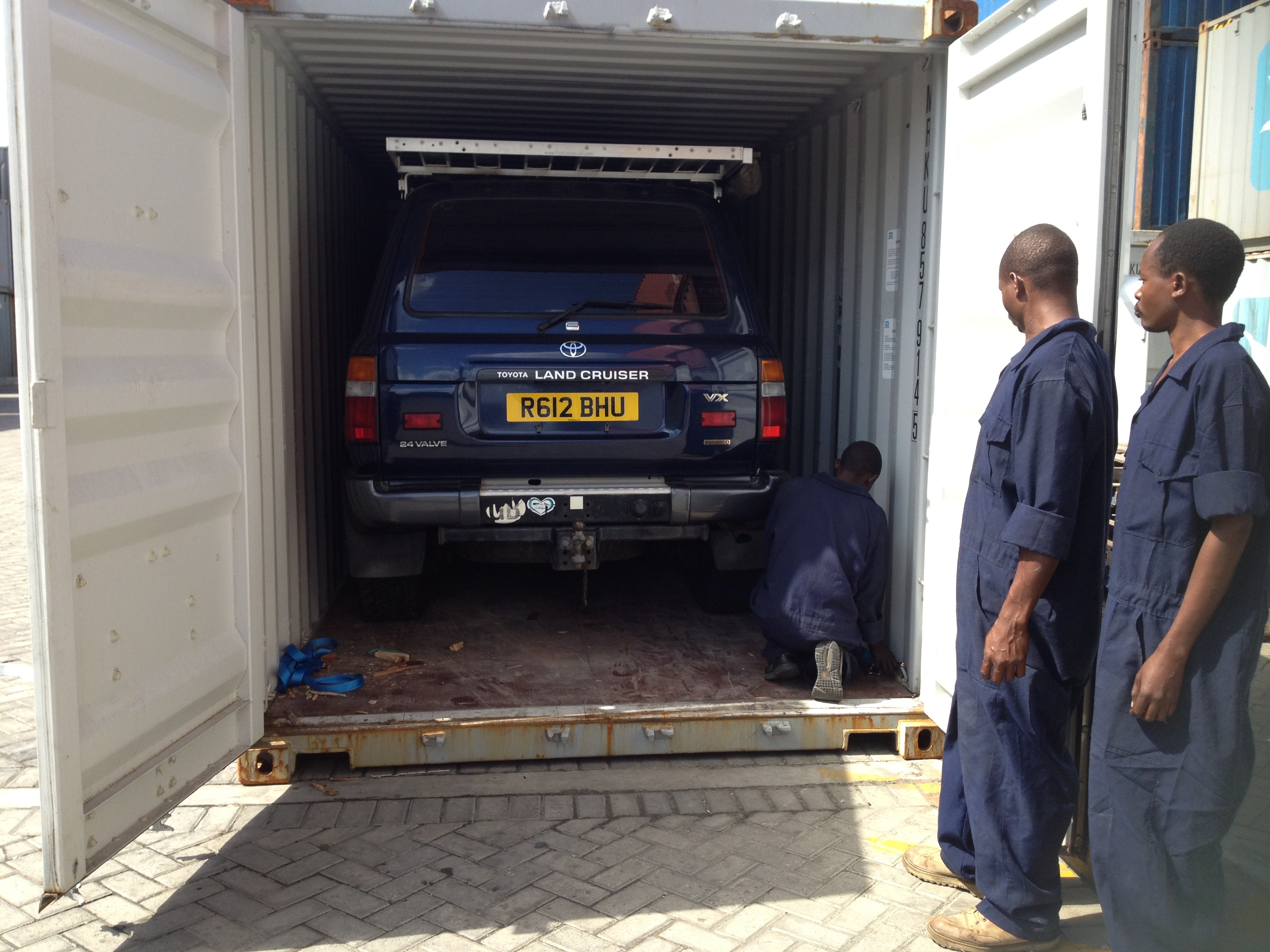 A car hidden inside a container at the Port of Mombasa.
A car hidden inside a container at the Port of Mombasa. In the month of April, Uganda’s government decided enough was enough and summarily banned brokers, unlicensed clearing firms and unauthorised declarants in the consolidated cargo supply chain from the importation and clearance of consolidated goods.
Kenya soon followed suit through the Kenya Revenue Authority and Kenya Bureau of Standards and began a countrywide crackdown on both tax evasion and counterfeit goods but boy did it opened a pandora's box.
While its intentions were noble and in fact could even be lauded little did the Kenyan government foresee the mess that would unravel at the Nairobi inland container depot (ICD), located at Embakasi.
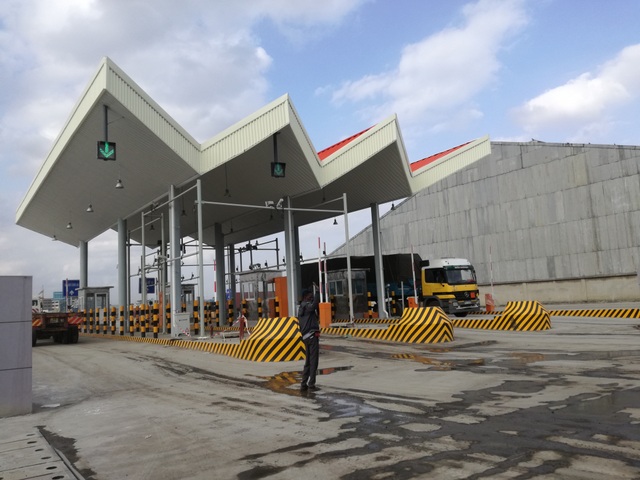 Nairobi’s Inland Container Depot (ICD)
Nairobi’s Inland Container Depot (ICD) About 1,000 containers belonging to small traders are now being held at the ICD on suspicion of tax evasion and bringing counterfeit goods into the country. Authorities insist this cargo must be inspected, even when it had been subjected to the process in the country of origin by Kenya Bureau of Standards-appointed agencies.
Slowly but surely, the once touted container depot that was upgraded at a cost of Sh22 billion ($220 million) to facilitate seamless clearance and movement of cargo has grind to a complete halt.
And with it millions of livelihoods of Kenyan small traders. The magnitude of the problem came to the fore past week, when Kenya’s President Uhuru Kenyatta made impromptu visits at the depot two days in a row to try to get things moving to no avail.
Also read: How rogue Kenya Revenue Authority officers are making a killing at Mombasa port sneaking in goods and costing the state corporation $1 billion in just 6 months
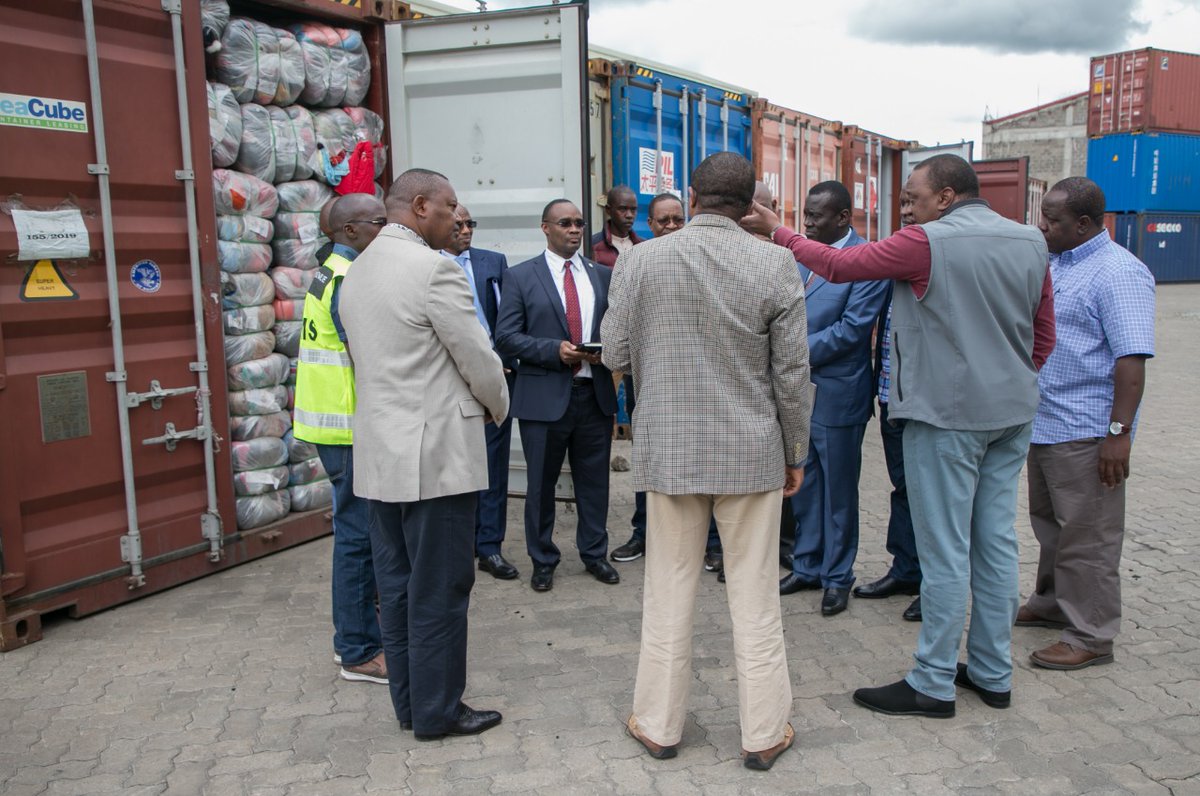 President Uhuru Kenyatta with top government officials at Embakasi Inland Container Terminal (PSCU)
President Uhuru Kenyatta with top government officials at Embakasi Inland Container Terminal (PSCU) While there wagging a finger, he ordered the vetting and registration of all import and export cargo consolidators to root out tax evaders.
“There are people who bring in goods in containers, claiming they are transit goods while their real motive is to evade tax. That is not right and we will not allow it,” said President Kenyatta.
Reading from Uganda’s Museveni script he added that only genuine consolidators gazetted after the vetting process will be allowed to work with the small-scale traders in the import/export business, a move not only designed to curb the importation of counterfeit goods but also to speed up cargo clearance at the depot.
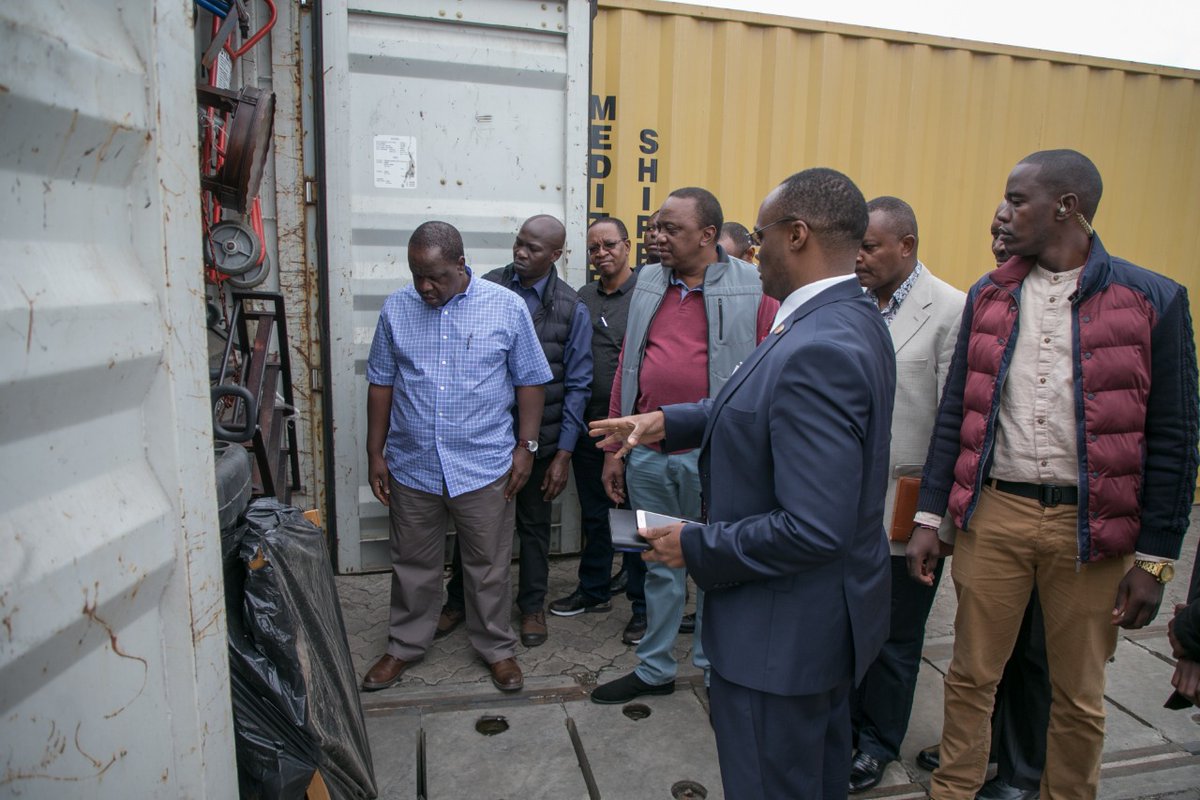 President Uhuru Kenyatta with top government officials at Embakasi Inland Container Terminal (PSCU)
President Uhuru Kenyatta with top government officials at Embakasi Inland Container Terminal (PSCU) But he could as well tell it to the birds since streamlining the processes at the Nairobi depot is easier said than done. It is a tall order due to lack of proper cargo clearing guidelines.
Overlapping government agencies roles is slowing things rather than speeding them. Other than Kebs and KRA, the other key government agencies operating at the ICD are the Kenya Ports Authority and Kenya Railways.
While KPA on one hand is pushing for a process where containers can be cleared within four days after arriving at the ICD, the same is made impossible by KRA and Kebs officials due to duplication of the roles.
“KPA is offering four days of free storage at the ICD and our target is for verification to be done within those four days,” The EastAfrican quoted KPA operations manager William Ruto as saying.
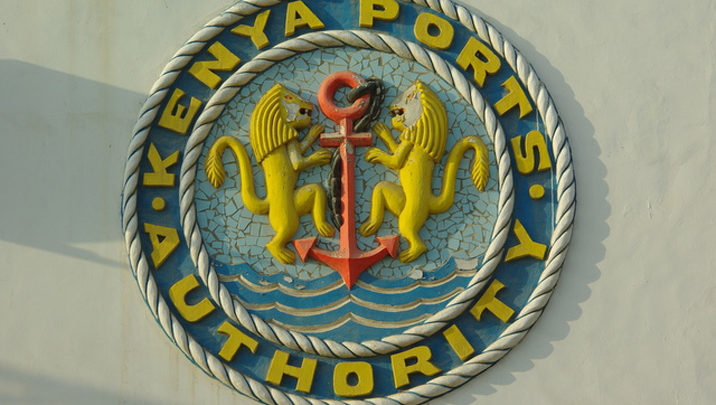 Kenya Ports Authority
Kenya Ports Authority But clearing cargo within four days has become impossible due to physical and manual re-inspection and verification of goods by Kebs and KRA officials.
Wanja Kiragu, operations director at the East African Online Transport Agency, says that clearing cargo should be supported by laws that specifically define the roles of each agency, otherwise the crisis will drag on and on.
Verification of consolidated cargo is even more complicated since some importers collude with consolidators to evade taxes through under-declaration of cargo and importation of counterfeits.
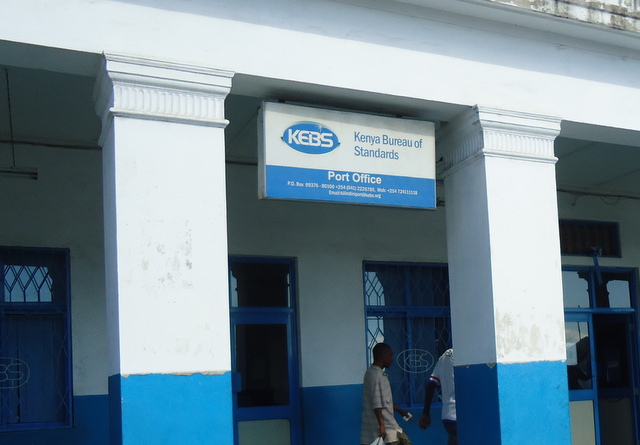 Kenya Bureau of Standards (KEBS)
Kenya Bureau of Standards (KEBS) In order for the government to stop this Kebs and KRA officials have to manually verify each container and its cargo, a process that takes even months.
“Although the president gave a directive for containers to be released in three weeks, the process remains the same because it cannot be circumvented,” said William Ojonyo, Kenya International Warehousing Association chairman.
The issue of double inspection, both from the country of origin and locally, is worsening the problem with every passing day.
 Kenya Revenue Authority (KRA) offices at Times Tower
Kenya Revenue Authority (KRA) offices at Times Tower Mid last year, Kebs and KRA



















